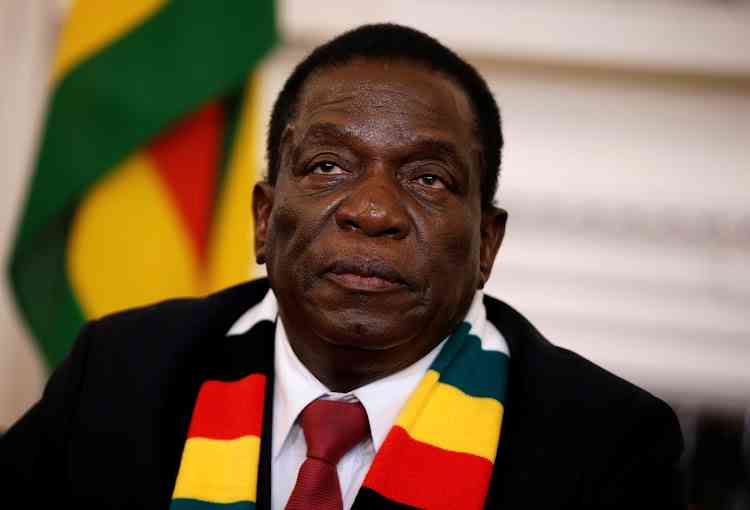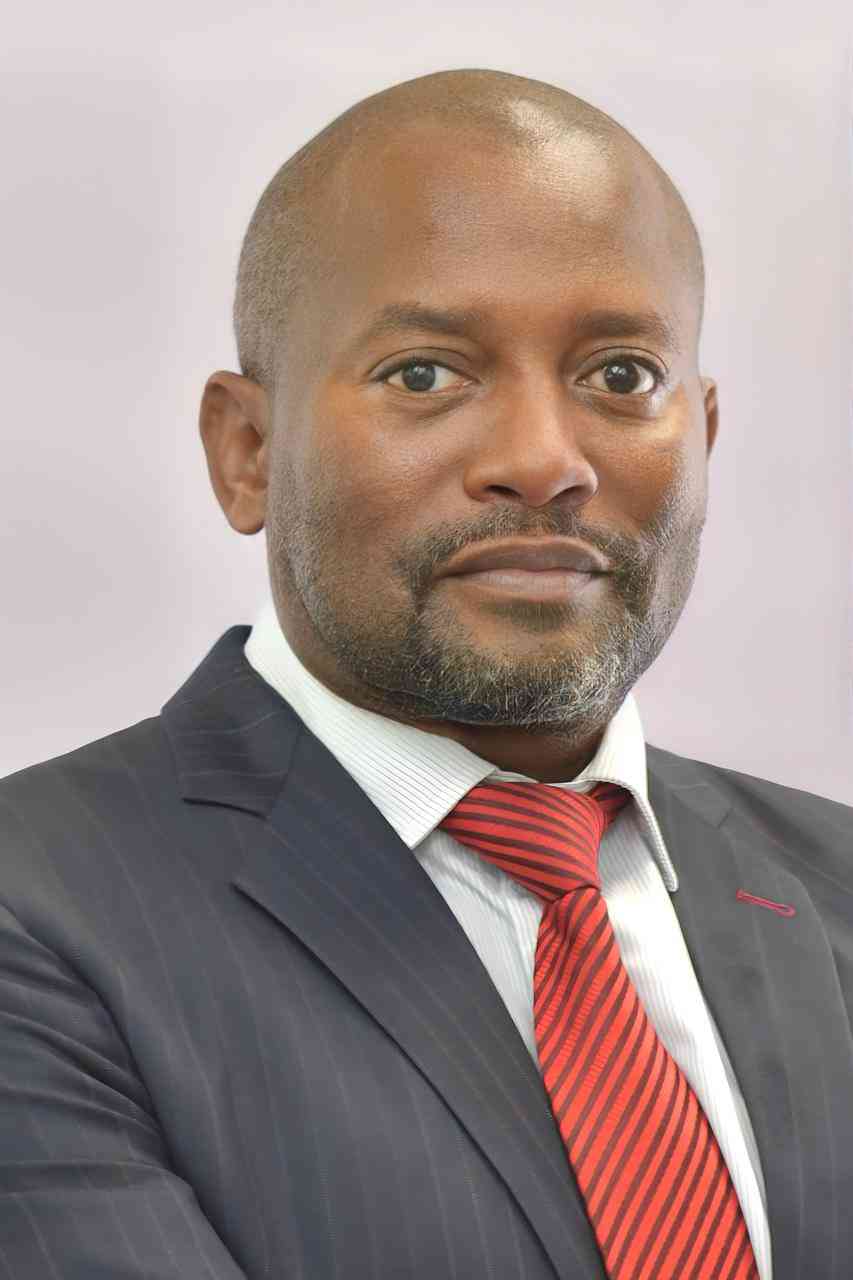
By Richard Muponde
Industry and Commerce minister, Nqobizitha Mangaliso Ndlovu has shot down the suggestion by billionaire telecoms tycoon Strive Masiyiwa for Zimbabwe to price all goods in South African rand to achieve price stability.
Masiyiwa recently said the country would do well to abandon the United States dollar as the currency of settlement for rand imports which account for 80% of goods sold in Zimbabwe, while also calling for the pricing of goods in the South African currency without necessarily joining the Rand Monetary Union.
Masiyiwa, whose Econet Group is one of the biggest companies in Zimbabwe, reacted after the price of bread almost doubled to ZWL$3,50 from ZWL$2 last week.
But in an interview in Plumtree, Ndlovu said the multi-currency system was ideal and advantageous because it allowed the country to have choice when trading.
“The multi-currency system is more advantageous in this regard than using one currency. We are flexible in trading in different currencies of the countries we trade in using their currencies. The issue of pricing needs a holistic approach,” he said.
“There is a tendency to profiteer. That’s why President Emmerson Mnangagwa made the clarion call that, although inflation is going up, we have to tackle it together with business and hope to address it in the near future.”
He said his ministry would engage those businesses who were pricing in rand and see how it has worked for them.
- Chamisa under fire over US$120K donation
- Mavhunga puts DeMbare into Chibuku quarterfinals
- Pension funds bet on Cabora Bassa oilfields
- Councils defy govt fire tender directive
Keep Reading
“We are going engage them and see how they are benefiting from pricing in the rand. However, we are very much disturbed by the unilateral price increase by businesses when we were in the middle of engaging each other,” he said.
Masiyiwa said if every business in Zimbabwe quoted their customers for goods and services in the SA rand, “it would go some way to eliminating the dollar arbitrage”.
“This is not the same thing as joining a rand monetary area, or customs union, which is a much more complex process. This one can be done overnight, and even voluntarily.”
Masiyiwa said over a million Zimbabweans living in South Africa can demand price parity in the rand.
He predicted that the switch to the rand as the main currency of trade would “improve the quality of life for our families and also improve general liquidity”.







